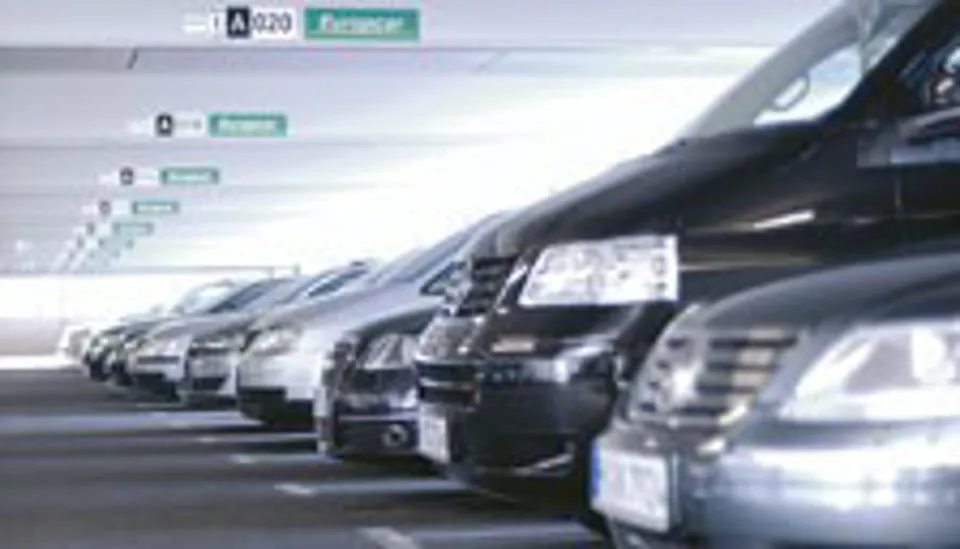There is a saying which circulates around boardrooms across the globe that states ‘if something can be measured, then it can be managed’.
And while being green is difficult to measure generally, there are several key figures which can be used to help firms cut their environmental impact.
Europcar has singled out CO2 as its measure of choice with its Carbon Footprint Reporting tool, available to any of its customers whether they are a one-off single car rental or a fleet using short-term hire on a regular basis.
As a result of this focus – part of its Green Charter globally (see below) – Europcar won the Best Short-term Rental Initiative at this year’s Fleet News Awards.
For Europcar UK Group managing director Mark Cotterill the decision to launch an environmental initiative was simple.
He says: “We are pioneers in being more eco-friendly as an organisation and we are trying to assist our customers in doing this too.”
Carbon Footprint Reporting has been combined into Europcar’s rental fleet offering, which is broken down into groups and supplied with average CO2 emissions so companies can select vehicles according to their environmental impact.
Once the vehicle is allocated to a rental, Europcar uses that model’s manufacturer-provided CO2 emissions, combines this with the mileage covered on the rental, and then calculates the CO2 emissions for that rental period.
This data is then added to its management information reports, giving a detailed breakdown of the number of rentals, cost, miles driven, related P11D information and emissions. Europcar does not levy an additional charge for the CO2 reporting facility.
As well as providing emissions figures, Europcar uses the data to help customers with travel planning by highlighting the environmental impact of their policies.
Cotterill added: “By working with our customers we are making sure they have the right mobility needs. Through this, we learn and they learn, too.”
He believes this analysis will work in favour of rental as a solution to fleet transport needs. And figures from the BVRLA’s recently-published guide to driving at work report back this up.
According to Office of Government Commerce statistics, a Vauxhall Astra-sized car hired for a 240-mile trip between London and Bristol will cost between £50 and £60, including delivery and collection.
By contrast, a grey fleet vehicle covering the same journey and reclaiming via AMAP rates at 40 pence per mile will cost £96.
According to Cotterill, the environment is still the number one issue for fleet managers, despite the recession.
He added: “Recession lends itself to this because fleets opting for lower emitting cars which are more fuel efficient leads to savings.
“With Carbon Footprint Reporting we are bringing the agenda to the fore – it is time to start doing, not talking.”
Green objectives
Europcar’s Green Charter consists of four key areas:
- Running a green fleet 99.6% of the company’s vehicles meet Euro 4 and, wherever possible, Euro 5 emissions standards.
- Fleet maintenance Europcar has committed to introducing programmes to collect and recycle materials, including waste, oil-based fluids and the water used at its car wash facilities.
- Improving internal processes Making the fleet purchasing, headquarters administration, local rental stations and maintenance centres as efficient as possible.
- Customer awareness Introducing the Carbon Footprint Reporting system.
Case study
Europcar’s focus on environmental initiatives has been a key factor in signing a new contract wih energy company E.ON.
David Graham, fleet manager for E.ON UK, said: “We needed a pan-European rental supplier who would work with us to ensure we were meeting our company’s criteria on cutting carbon emissions.
“Europcar has responded to our new policy of only using vehicles that have CO2 emissions of 120 or 140g/km.
This has helped us to meet our environmental targets by ensuring the range of vehicles being used by staff are restricted to those within the small and medium size groups.”

















Login to comment
Comments
No comments have been made yet.